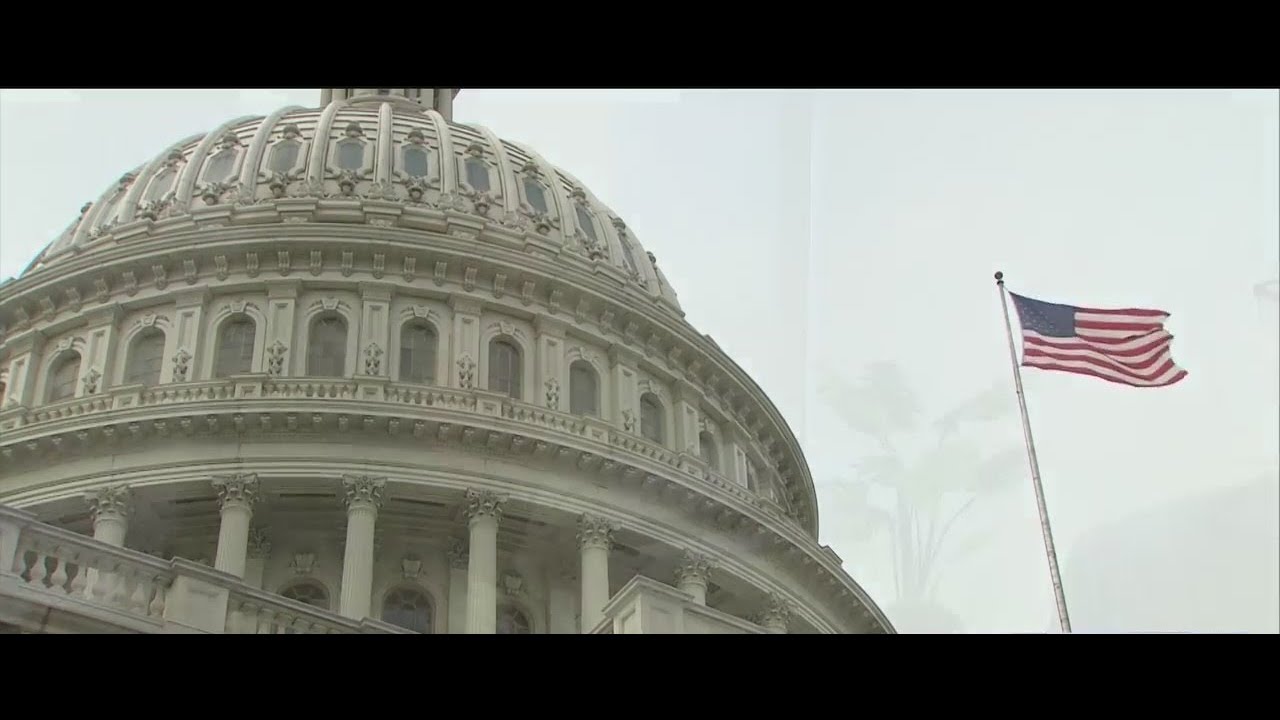I’ve been following this story about how artificial intelligence is being used to create realistic fake videos of famous people without their permission. A well-known actress recently spoke out about this issue when a deepfake video featuring her likeness started spreading across social media platforms. This whole situation got me thinking about the legal and ethical problems with this technology. The actress is now pushing for new laws to stop people from making these kinds of videos. She argues that creating fake content using someone’s face and voice without consent should be illegal. What do you think about this? Should there be stricter rules about using AI to make fake videos of real people? I’m curious about how other countries are handling this problem and whether we need better technology to detect these fakes before they go viral.
The entertainment industry’s dealt with unauthorized likeness issues for years, but deepfakes cranked this problem up to eleven. I’ve spent eight years in media law watching fakes go from obviously bogus to stuff that fools even experts. Personality rights laws give the actress solid ground to stand on, but good luck enforcing them. Courts still treat these cases like regular defamation or privacy violations, which means tons of delays while the content keeps spreading. Here’s what really gets me: deepfake creators just host their stuff in countries with garbage IP laws, turning takedowns into a nightmare that drags on forever. Look, the tech itself isn’t evil - it’s got real uses in movies and education. But we’re basically enabling digital identity theft without consent requirements and criminal penalties for the bad actors. South Korea and the UK are starting to write specific deepfake laws, but getting countries to work together? That’s still a mess.
Honestly, it’s terrifying. Imagine waking up to fake videos of you doing things you never did - just everywhere online. The actress is right to push for legal action, but I’m worried the law won’t keep up with how fast this tech is evolving.
This happens way more than people think. My company’s been working with deepfake detection for a couple years - it’s pure cat and mouse.
Creating fakes gets cheaper and easier while detection scrambles to keep up. I’ve seen people make convincing fake videos with just a few photos and basic software.
What really scares me is how fast these spread before verification happens. Platforms take them down after millions already saw it. Damage done.
We need laws plus better platform prevention. Some states are finally moving on this.
Real solution’s probably legal consequences, better detection algorithms, and some verification system for authentic content. But honestly, tech moves so fast that regulation’s always behind.
Consent is huge here and people don’t realize how exposed we all are to this tech. Sure, celebrities make headlines, but regular folks face the same risks - and it can wreck careers and relationships just as easily. I worked on a digital harassment documentary last year and saw deepfakes destroy marriages and kill job prospects. The legal side’s a mess. Some places call it identity theft, others defamation, but most have zero specific laws. California’s trying, but good luck enforcing anything across state lines or internationally. What really worries me? Detection tech will always be behind creation tools. We might need to flip the script - verify real content at the source instead of playing catch-up with fakes after they’re already spreading. The real problem isn’t just writing laws, it’s getting countries to work together when these videos go global in seconds.
I’ve watched this explode at my company over three years. Employees started getting tickets because their faces showed up in fake videos targeting them personally.
The tech gap is brutal. Creating deepfakes used to require serious hardware and skills. Now my nephew does it on his laptop in an afternoon. Our security team burns budget trying to keep up with detection.
Laws won’t fix this alone. I’ve seen these videos jump between platforms and countries. Kill one, five more pop up on different sites.
We need platform accountability. They profit from engagement while victims deal with the mess. Make them liable for hosting obvious fakes and they’ll invest in prevention fast.
The verification idea makes sense too. We already use digital signatures for code - why not media? Authenticate at creation instead of chasing fakes forever.
Honestly? This gets worse before it gets better. The technology curve is insane and most people don’t know what’s coming.
